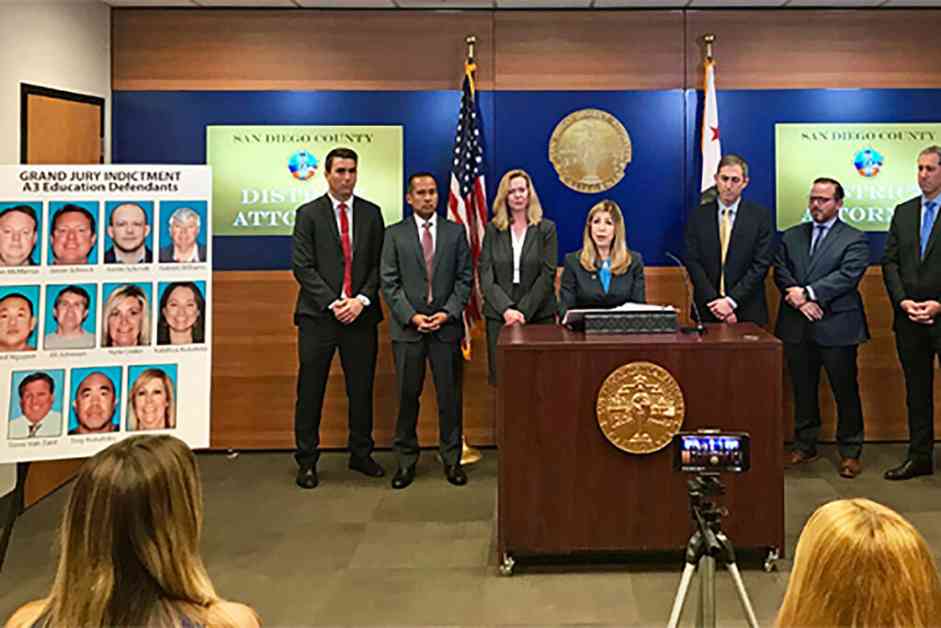In 2019, San Diego County Attorney Sumner Stephan revealed the indictment of 11 individuals associated with A3 Education, including founders Sean McManus and Jason Schrock, who later accepted a plea deal. Following this major fraud case involving an online charter school network, a task force was created to provide recommendations aimed at preventing similar incidents in the future.
Led by State Controller Malia Cohen, the task force proposed 20 reforms to enhance the auditing process for schools, suggesting that these measures should not only apply to charter schools but also school districts and county offices of education. The goal is to ensure that all schools uphold the highest standards of integrity, accountability, fiscal compliance, and transparency, especially given the significant investments made in education by taxpayers.
The focus of the recommendations is on improving the training, selection, supervision, and discipline of school auditors, as well as expanding their roles and responsibilities. The report, titled “Audit Best Practices for Detecting and Curtailing Charter School Fraud,” emphasizes the importance of effective annual audits conducted by independent professionals overseen by the State Controller’s Office to detect and address potential fraud promptly.
The task force was established following the fraudulent activities of the Academics Arts and Action Education (A3) charter network, which misused public funds amounting to millions of dollars. By enrolling participants in summer athletic programs into the charter school’s academic program without providing educational services, A3 was able to claim funding based on average daily attendance. This fraudulent scheme led to financial gains for A3 and other involved parties at the expense of taxpayers and students.
The recommendations put forth by the task force will require legislative action and additional funding for implementation, as highlighted in the report’s section on “Obstacles and Solutions.” While there is general agreement among charter school advocates and district authorizers regarding the need for reforms, disagreements may arise regarding specific regulatory changes. The task force encourages collaboration among stakeholders with differing perspectives to address these challenges.
In addition to the task force’s recommendations, two other significant reports have identified oversight failures and transparency issues that allowed fraudulent activities by A3 and the now-defunct Inspire Charter Schools to go undetected. These reports emphasize the need for stronger oversight, including closer scrutiny of third-party contracts for conflicts of interest and the establishment of an Office of Inspector General to investigate financial fraud in educational institutions.
Moreover, the reports call attention to the limitations of small school districts in overseeing large-scale charter networks and recommend measures to track enrollment and attendance changes more effectively to prevent fraud. The importance of monitoring auditor performance, addressing conflicts of interest, and ensuring independence in auditing processes is also highlighted as essential in detecting and preventing fraudulent activities in schools.
As the Legislature faces pressure to consider auditing and oversight reforms before the moratorium on approving new non-classroom-based charter schools ends in 2026, the recommendations provided by the task force and other reports offer valuable insights into safeguarding public funds and ensuring accountability in the education system. By implementing these reforms, education authorities can strengthen the auditing process and mitigate the risk of fraud in schools, safeguarding the interests of students and taxpayers alike.




















